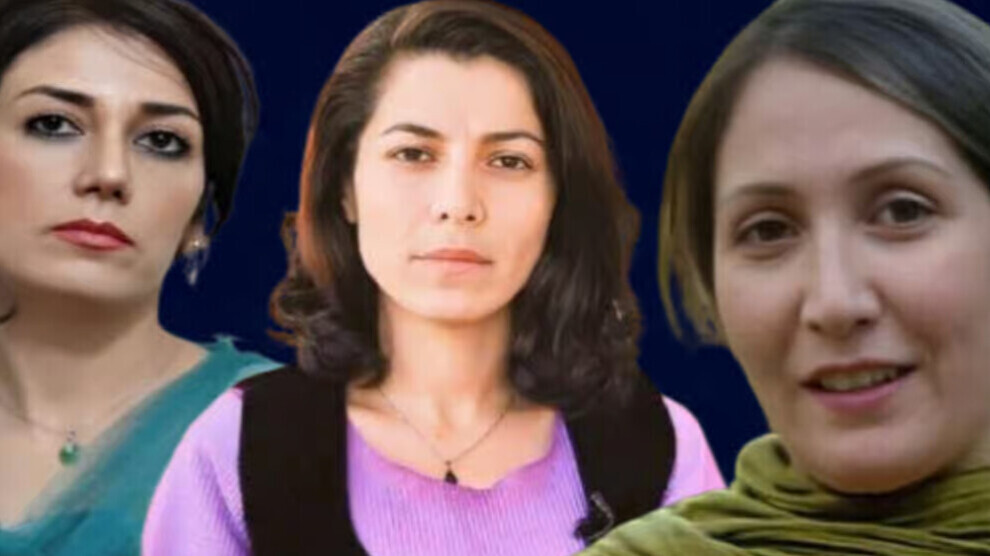44 political prisoners denounce executions of Iranian women activists
Forty-four political prisoners condemned the death sentences of Sharifeh Mohammadi, Verisheh Moradi, and Bakhshan Azizi, urging international action to halt the executions and denouncing Iran’s escalating political repression.

News Center - The three women remain at imminent risk of execution, sparking growing international condemnation and renewed calls for Iran to abolish the death penalty and ensure fair, transparent trials.
In their joint statement, the prisoners accused the Iranian authorities of escalating repression and using harsh sentences to instill fear and suppress dissent. Citing Article 3 of the Universal Declaration of Human Rights, which states “Everyone has the right to life, liberty and security of person,” they stressed that life is a fundamental, inalienable right and condemned the death penalty as outdated and incompatible with human dignity.
The prisoners demanded urgent international intervention to stop the executions, calling on “the conscience of humanity” to act swiftly.
The statement follows the controversial rulings by Iran’s Revolutionary Courts against the three activists, who were charged with “rebellion” and “membership in opposition groups.” Rights groups report that the women were subjected to torture in detention and denied fair trials.
Sharifeh Mohammadi, a labor rights activist arrested in December 2024, was sentenced to death in July. Although the Supreme Court initially overturned the ruling, it was later reinstated, drawing sharp criticism from human rights organizations.
Bakhshan Azizi, arrested in August 2024, was also handed a death sentence in a decision rights defenders called “shocking” and “hasty.” Meanwhile, women’s rights activist Verisheh Moradi was likewise sentenced to death, fueling concerns of intensified targeting of women activists, particularly in Kurdish regions of Iran.
The latest rulings have triggered widespread outrage among rights advocates, who accuse Iranian authorities of weaponizing the judiciary as a tool of political repression.
